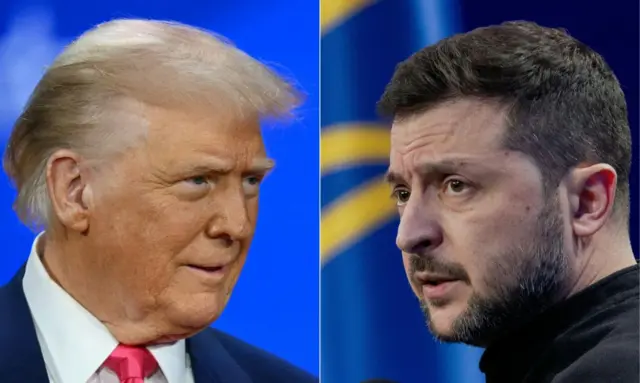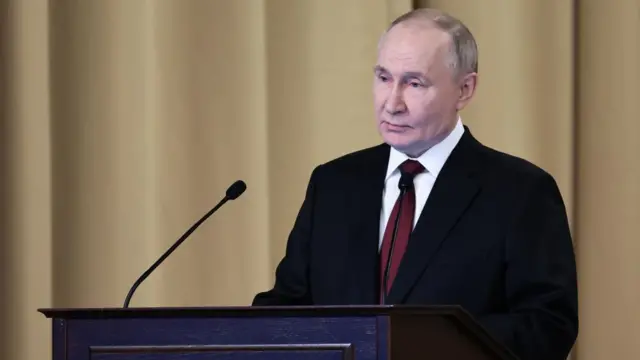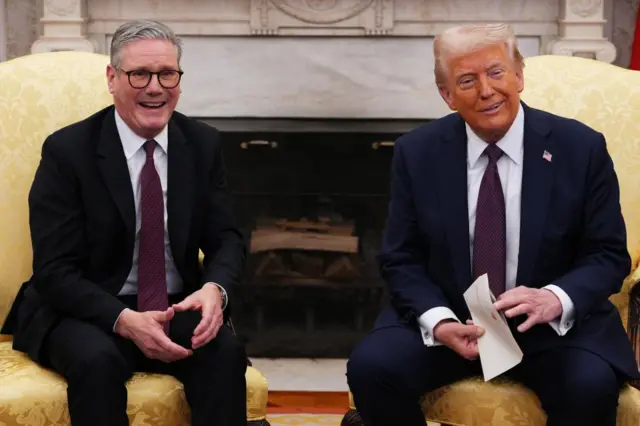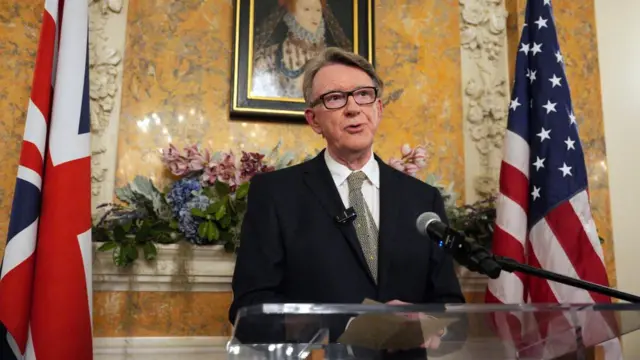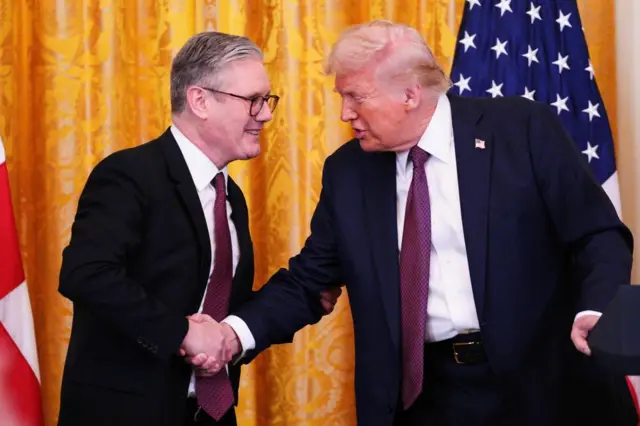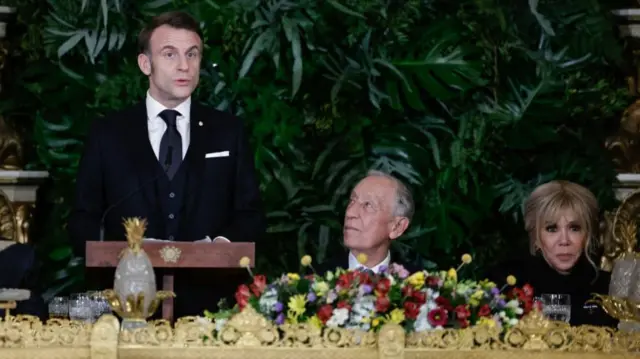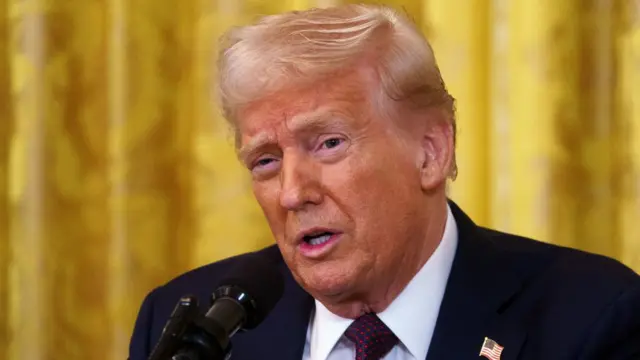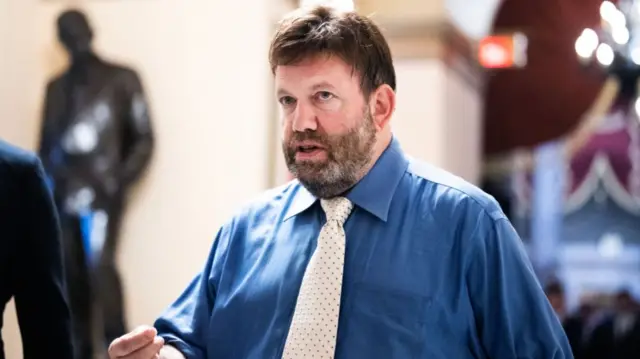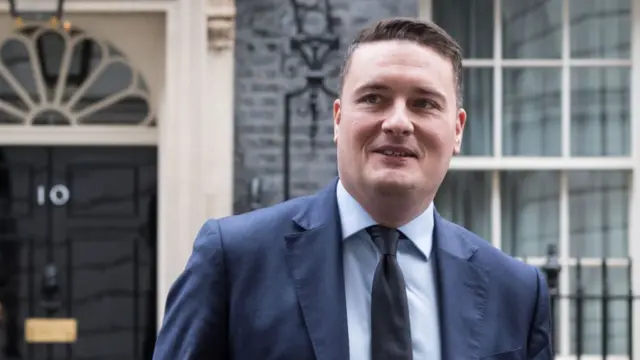Minerals deal could mark new chapter in relations between US and Ukrainepublished at 13:47 GMT 28 February
 Myroslava Petsa
Myroslava Petsa
BBC News Ukrainian, reporting from Washington DC
Volodymyr Zelensky and Donald Trump’s relationship has been more like a Netflix drama than typical diplomacy.
Early in Zelensky’s presidency, Trump was accused of pressuring Ukraine to investigate Joe Biden and his son, Hunter. Although Zelensky denied he was pressured, it’s unlikely that Trump has forgotten that their phone call ultimately led to his first impeachment.
But thanks to strong bipartisan support in Congress, it was on Trump’s watch that Ukraine received much-needed lethal weapons after Russia first attacked Ukraine in 2014.
During his re-election campaign, Trump called Zelensky “the best salesman in the world” for convincing the Biden administration to keep supporting Ukraine.
Two weeks ago, during talks over the minerals deal, Trump branded Zelensky a “dictator” and falsely blamed Ukraine for starting the war with Russia.
In response, Zelensky fact-checked Trump, hinting that he might be living in a Russian “disinformation bubble”.
Despite tensions, the two presidents share more similarities than may meet the eye. Both are unorthodox, arguably populist, politicians, who came to power after hit TV shows made them household names.
Both are known for swiftly implementing policies and reforms.
They meet at the White House today to sign a deal which could mark a new chapter in US-Ukraine relations - or at least bring a sense of normality back to their relationship.


